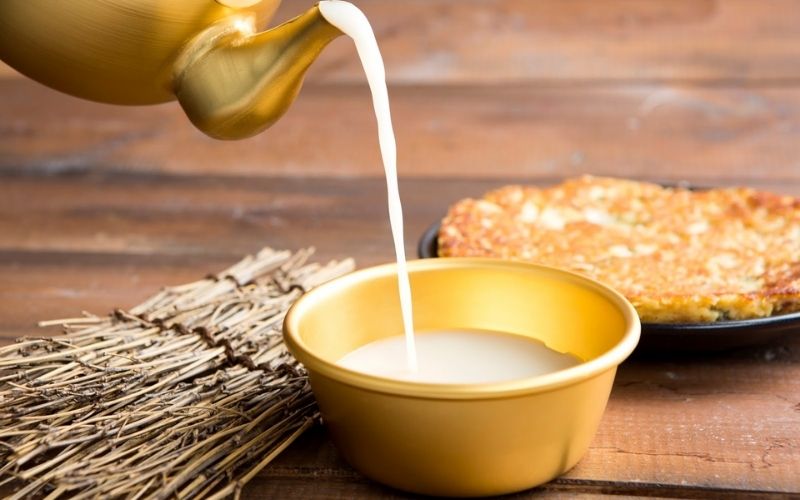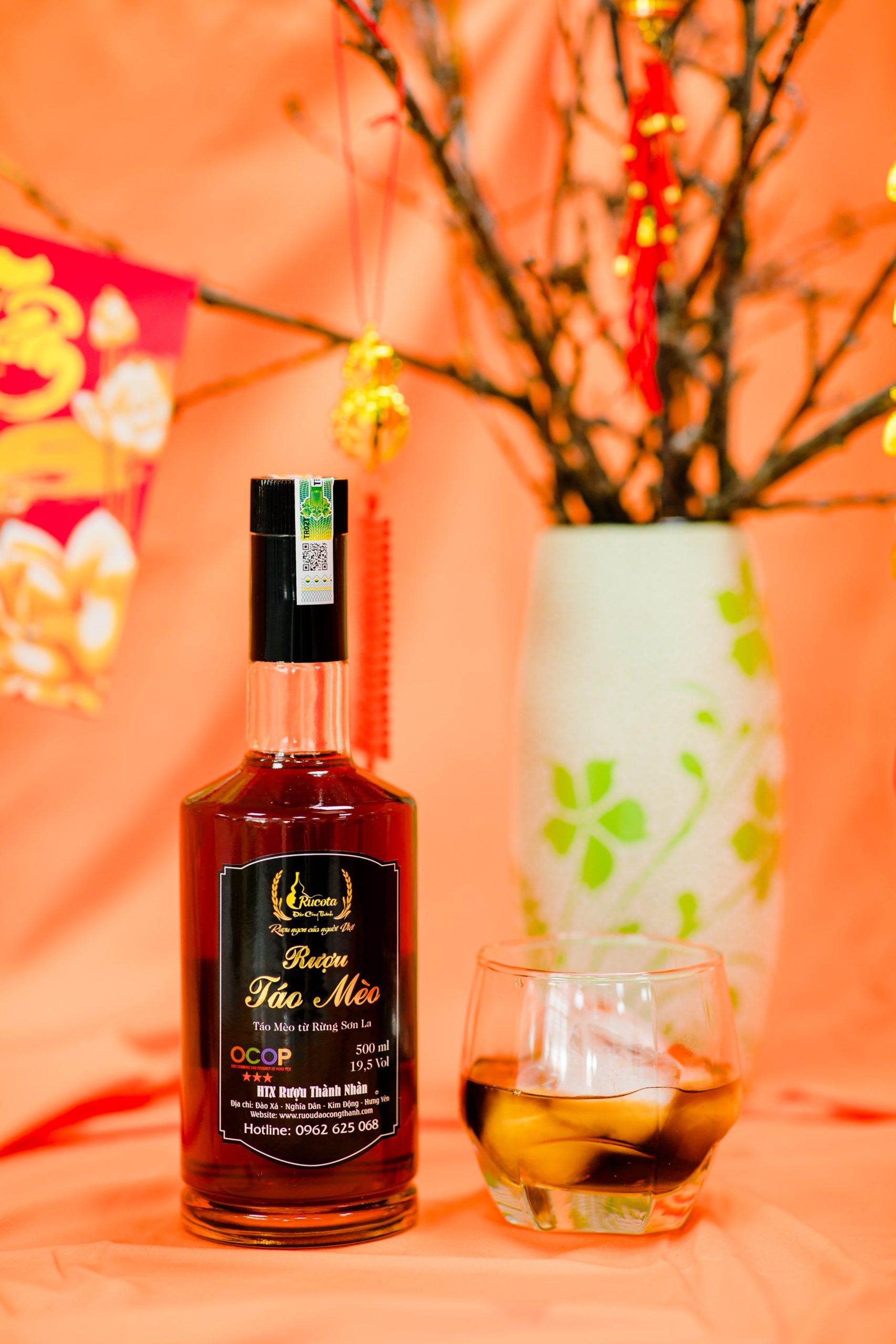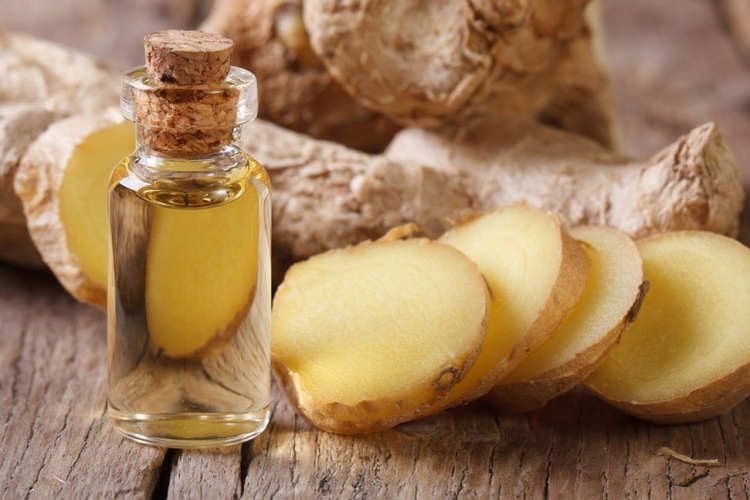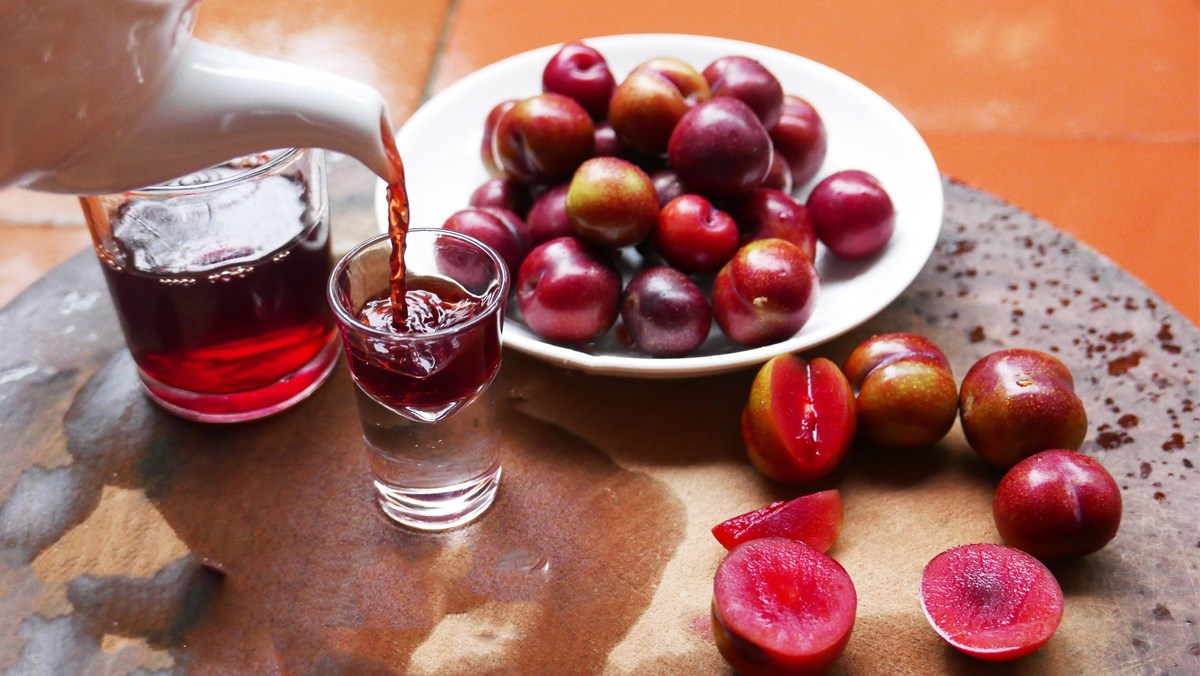
Traditional Vietnamese Alcohol: A Journey Through Flavors
In this exploration, we’ll delve into the world of traditional Vietnamese alcohol, unraveling its history, cultural significance, and the various types available. Join us as we embark on a sensory journey through the flavors of Vietnam.
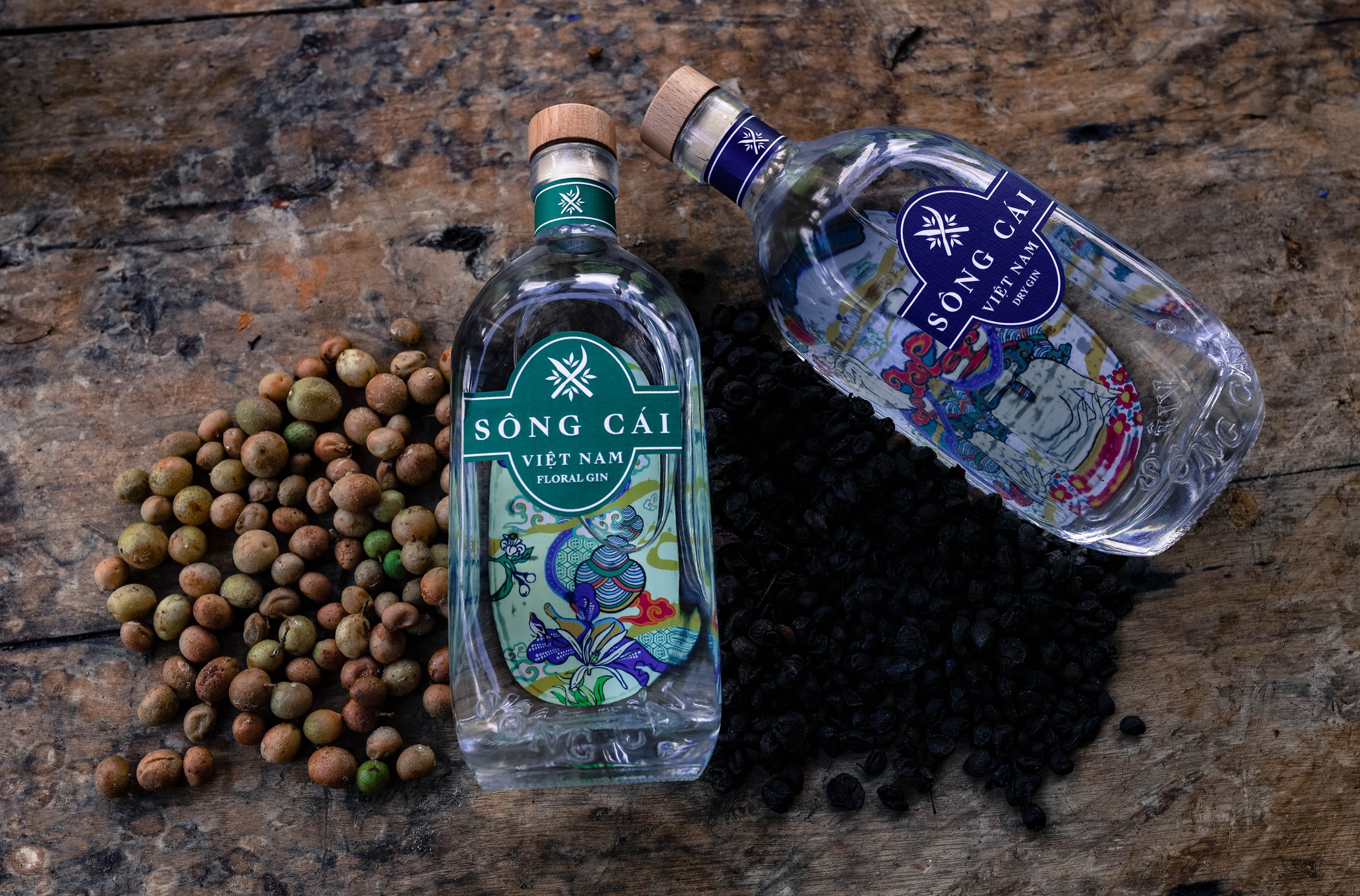
The Cultural Significance of Traditional Vietnamese Alcohol
Traditional Vietnamese alcohol, often referred to as rượu (pronounced “zuu”), is deeply intertwined with the country’s rich cultural heritage. It has been an integral part of Vietnamese society for centuries, playing a significant role in various cultural and social practices.
Historical Significance of Traditional Vietnamese Alcohol:
- Ancient Origins: The art of brewing alcohol in Vietnam dates back thousands of years, with rice wine being one of the earliest forms.
- Royal Court: During the feudal era, royal courts often produced their own unique brands of rice wine, considered a symbol of status and power.
- Rural Traditions: In rural areas, rice wine has long been a staple drink, used in celebrations, rituals, and everyday life.
Cultural Significance of Traditional Vietnamese Alcohol:
- Social Gatherings: Alcohol, particularly rice wine, is often shared during social gatherings, family reunions, and festivals. It serves as a social lubricant, fostering connections and promoting camaraderie.
- Religious Ceremonies: Rice wine is used in various religious ceremonies, such as ancestor worship and temple festivals. It is believed to have spiritual significance and is offered to deities and ancestors.
- Medicinal Purposes: Certain types of traditional Vietnamese alcohol are believed to have medicinal properties and are used to treat various ailments.
By understanding the cultural and historical significance of traditional Vietnamese alcohol, you can appreciate its unique flavors and its role in shaping Vietnamese society.
Traditional Vietnamese Alcohol: A Journey Through Flavors
Vietnam boasts a rich history of alcohol production, with various traditional beverages reflecting the country’s diverse cultural heritage. Here are some of the most popular traditional Vietnamese alcoholic drinks:
1. Ruou Nep (Rice Wine)
- Description: A clear, colorless spirit distilled from fermented rice.
Flavor: Can range from mild to strong, with a slightly sweet or savory taste.
- Occasions: Often consumed during special occasions, celebrations, and traditional ceremonies.
- Description: A clear, colorless spirit distilled from fermented rice.
2. Ruou Tao Meo (Wild Apple Wine)
- Description: A unique wine made from wild apples, typically found in the mountainous regions of Vietnam.
- Flavor: Sweet and slightly tart, with a distinctive fruity aroma.
- Occasions: Often enjoyed as a digestif or during special occasions.
3. Ruou Gung (Ginger Wine)
- Description: A warming and spicy wine made from ginger root and rice wine.
- Flavor: Spicy and slightly sweet, with a strong ginger flavor.
- Occasions: Often consumed to relieve cold symptoms or as a digestive aid.
4. Ruou Man (Plum Wine)
- Description: A sweet and tangy wine made from fermented plums.
- Flavor: Sweet and fruity, with a hint of tartness.
- Occasions: Often enjoyed as a dessert wine or as a cocktail ingredient.
5. Ruou Can (Can Wine)
- Description: A traditional Vietnamese wine made from fermented rice and herbs.
- Flavor: Sweet and slightly bitter, with a unique herbal aroma.
- Occasions: Often consumed during festivals and celebrations, particularly among ethnic minority groups.


